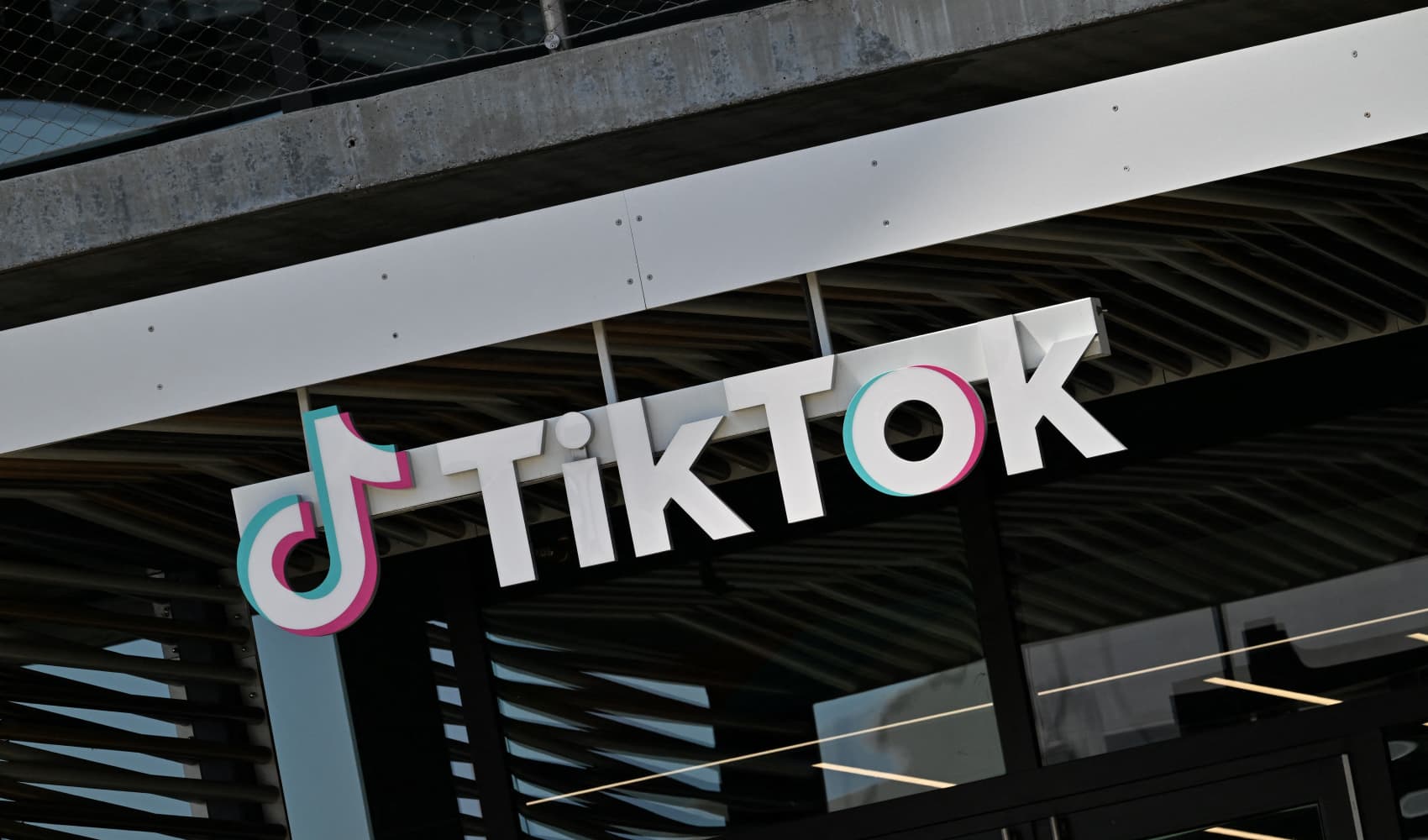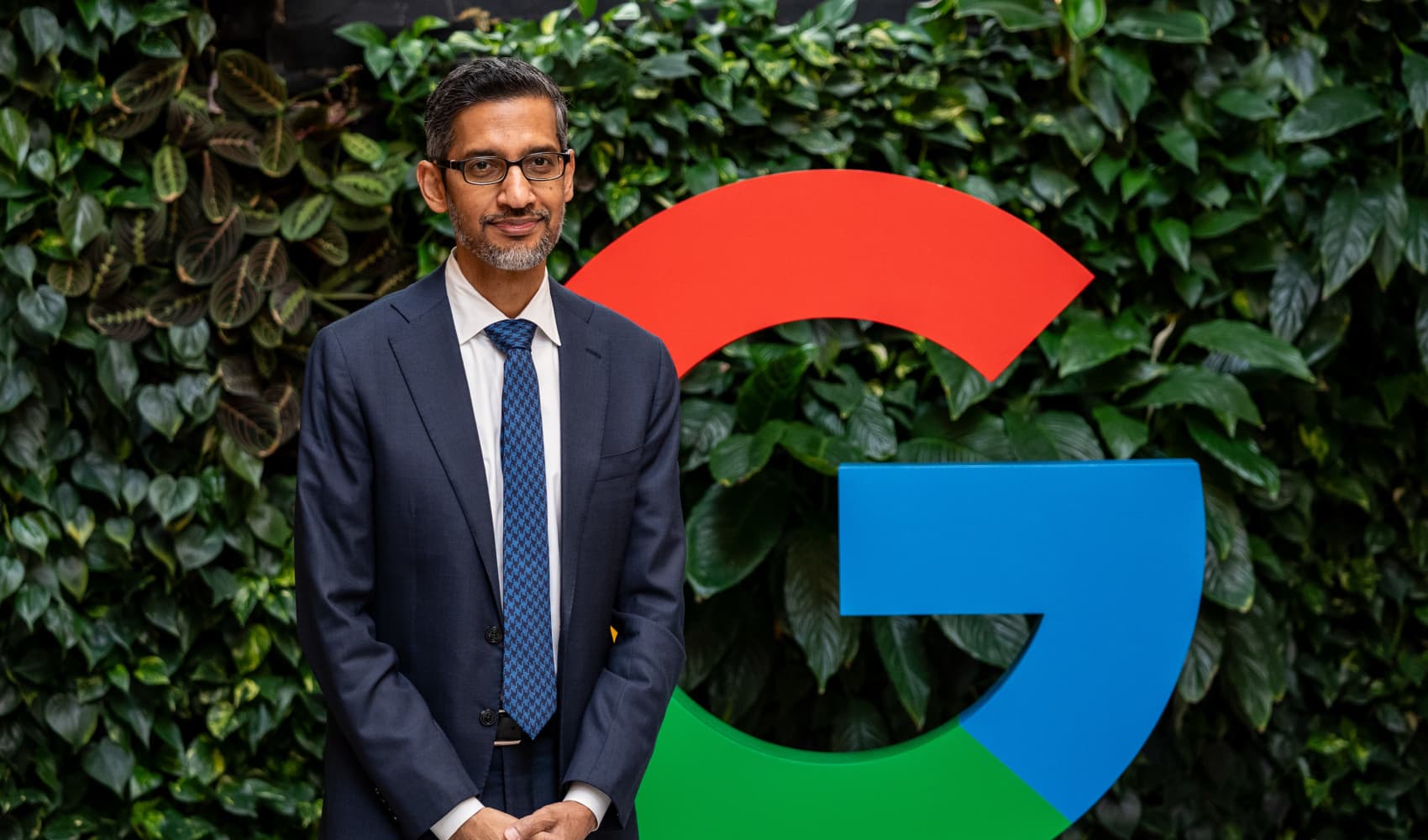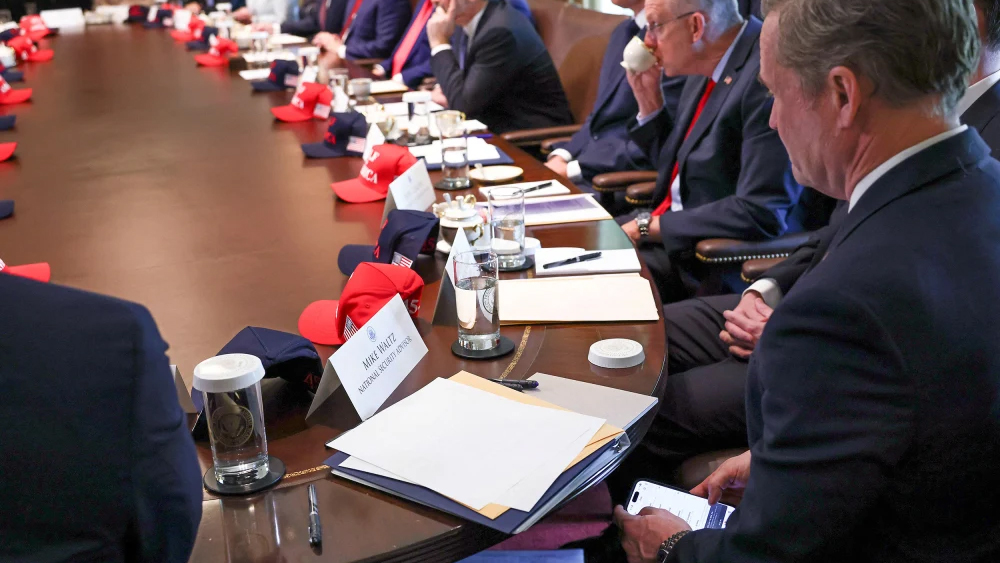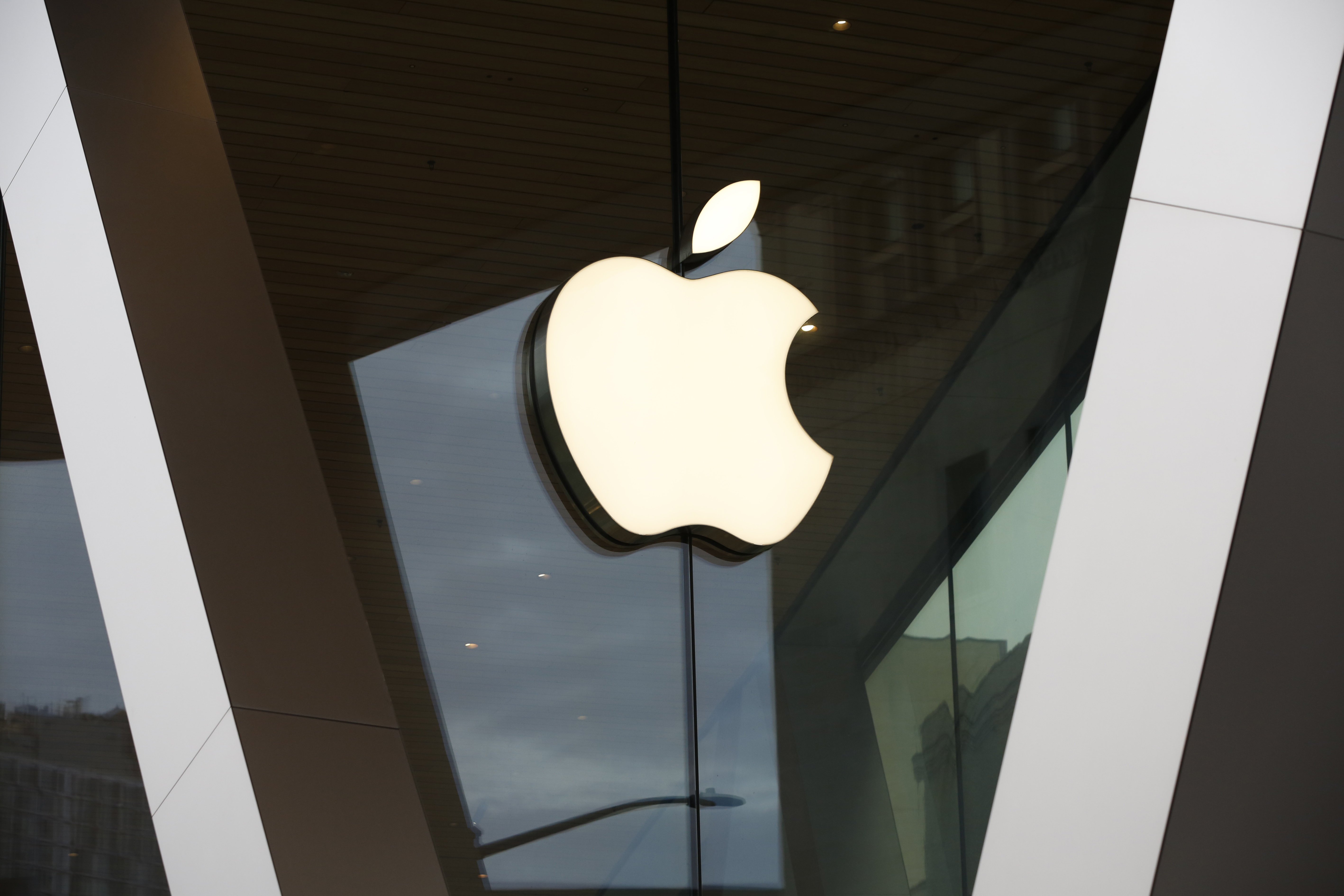Microsoft & EU Laws: Trade War Strategy Exposed!
Microsoft Walks a Tightrope: Respecting EU Laws Amid US Trade Wars
Introduction: Navigating the Choppy Waters of Global Tech and Trade
In the ever-complex world of international relations, giant tech companies like Microsoft find themselves walking a tightrope. They're not just selling software and services; they're navigating geopolitical currents that can make or break their global reach. With trade tensions escalating between the United States and the European Union, Microsoft is making a deliberate effort to show respect for European laws, even when they don't see eye-to-eye. Why is this so important? Because in today's interconnected world, ignoring the rules can have serious consequences.
Microsoft's Charm Offensive: A Diplomatic Dance
Let's be honest, no one likes being cornered. With the US government's trade war casting a long shadow, the EU might be tempted to use its regulatory power over tech companies as a bargaining chip. Microsoft, it seems, is trying to preempt such a scenario. Microsoft President Brad Smith’s recent comments are being seen as part of a charm offensive aimed at easing tensions and reinforcing the company's commitment to the European market. Think of it as a tech giant extending an olive branch.
Brad Smith's Pledge: Respect Above All
At the heart of this charm offensive is a clear message: Microsoft respects European laws, period. As Brad Smith himself stated, even when they've lost cases in European courts, Microsoft has complied. This is a powerful statement, demonstrating a willingness to play by the rules, even when those rules aren't always favorable. It’s like saying, "We may disagree, but we'll still show up and play the game."
The Specter of Retaliation: Why Europe's Regulatory Power Matters
Here's the thing: the EU isn't afraid to flex its regulatory muscles. Remember the GDPR? That's just one example of the EU's commitment to protecting its citizens' data. With tensions rising, the EU could potentially use its regulatory power to target American tech companies, creating a kind of digital trade barrier. That's a scenario no one in Silicon Valley wants to see. The EU's regulatory landscape acts like a Damocles sword over US tech companies.
Data Privacy: The Front Line of the Tech Wars
Data privacy is where the rubber meets the road. The EU has some of the strictest data privacy laws in the world, and they're not afraid to enforce them. Microsoft, like other tech companies, handles massive amounts of data, making them a prime target for regulatory scrutiny. Therefore, demonstrating compliance and respect for EU data privacy laws is absolutely vital for Microsoft’s continued success in Europe.
Beyond GDPR: A Holistic Approach to Compliance
Navigating the Digital Services Act (DSA)
GDPR is just the tip of the iceberg. The EU's Digital Services Act (DSA) is another game-changer, aiming to regulate online platforms and protect users from illegal content. Microsoft, as a provider of various online services, will need to ensure compliance with the DSA as well.
The Digital Markets Act (DMA): Keeping Competition Fair
Then there's the Digital Markets Act (DMA), which targets "gatekeeper" companies to ensure fair competition in the digital market. While Microsoft might not be directly targeted as a gatekeeper in the same way as some other tech giants, the DMA still has implications for its business practices in Europe.
Why Compliance Matters: More Than Just Avoiding Fines
It's not just about avoiding hefty fines (although those are definitely a motivator). Compliance with EU laws builds trust with European consumers and businesses. It shows that Microsoft is committed to operating ethically and responsibly in the European market. This trust translates into customer loyalty and ultimately, a stronger business presence.
The US-EU Divide: A Clash of Regulatory Philosophies
The differing approaches to regulation between the US and the EU are at the heart of the current tensions. The US often favors a more hands-off approach, while the EU tends to be more interventionist. This clash of philosophies creates a challenge for tech companies that operate on both sides of the Atlantic. It's a regulatory culture clash that demands careful navigation.
Microsoft's Strategic Positioning: Playing the Long Game
Microsoft seems to be taking a long-term view. By demonstrating respect for EU laws, they're positioning themselves as a reliable and trustworthy partner in the European market. This strategic approach could pay dividends down the line, especially if the US-EU trade relationship continues to deteriorate. Building goodwill now can protect them from future headwinds.
Beyond Words: Actions Speak Louder
While Brad Smith's words are important, actions speak even louder. Microsoft needs to back up its commitment with concrete steps, such as investing in data privacy infrastructure in Europe and working collaboratively with EU regulators. Putting their money where their mouth is will be critical.
The Impact on Other Tech Giants: Setting a Precedent?
Microsoft's approach could also set a precedent for other tech giants. If Microsoft can successfully navigate the EU's regulatory landscape, it could provide a blueprint for other companies to follow. This could lead to a more harmonious relationship between the tech industry and European regulators. The ball is now in the court of other tech giants to see if they will follow Microsoft's example.
The Future of US-EU Relations: Uncertainty Looms
The future of US-EU relations remains uncertain. The trade war could escalate further, or a resolution could be reached. Regardless of the outcome, Microsoft's commitment to respecting EU laws will likely serve them well. They're betting that a proactive approach is the best way to navigate the turbulent waters of international trade.
The Consumer Perspective: Who Benefits?
Ultimately, consumers benefit from Microsoft's commitment to respecting EU laws. Stricter data privacy regulations, for example, give consumers more control over their personal information. Fair competition in the digital market ensures that consumers have access to a wider range of choices and innovative products. A win for compliance is a win for the consumer.
The Balancing Act: Innovation vs. Regulation
Finding the right balance between innovation and regulation is crucial. Too much regulation can stifle innovation, while too little regulation can lead to abuses of power. Microsoft, and other tech companies, need to work with regulators to find a sweet spot that fosters both innovation and consumer protection. This is the never-ending balancing act of the digital age.
Conclusion: Microsoft's Bet on Europe
Microsoft's recent charm offensive in Europe, spearheaded by President Brad Smith's pledge to respect EU laws, signals a strategic bet on the European market. By proactively demonstrating compliance and building trust, Microsoft aims to navigate the choppy waters of US-EU trade tensions and secure its long-term future in Europe. This move highlights the growing importance of regulatory diplomacy in the global tech landscape and underscores the power of the EU as a major player in shaping the future of technology.
Frequently Asked Questions
Here are some frequently asked questions about Microsoft's stance on European laws:
- Why is Microsoft so focused on complying with EU laws?
The EU is a major market for Microsoft, and complying with its laws is essential for maintaining access to that market. It's about building trust with European customers and avoiding potentially costly penalties.
- What is GDPR, and how does it affect Microsoft?
GDPR is the General Data Protection Regulation, an EU law that sets strict rules for how companies collect, use, and store personal data. Microsoft, like all companies operating in the EU, must comply with GDPR to protect the privacy of its users.
- Is Microsoft always in agreement with EU regulations?
Not necessarily. Like any company, Microsoft may disagree with specific regulations. However, the company has pledged to respect and comply with EU laws, even when it doesn't fully agree with them.
- How might the US-EU trade war impact Microsoft's business in Europe?
Increased trade tensions could lead to new regulations or tariffs that could negatively impact Microsoft's ability to operate in Europe. That's why Microsoft is proactively trying to build goodwill with EU regulators.
- What can European consumers expect from Microsoft's commitment to EU laws?
European consumers can expect Microsoft to prioritize their data privacy and comply with all applicable regulations. This includes providing transparency about how their data is used and giving them more control over their personal information.









